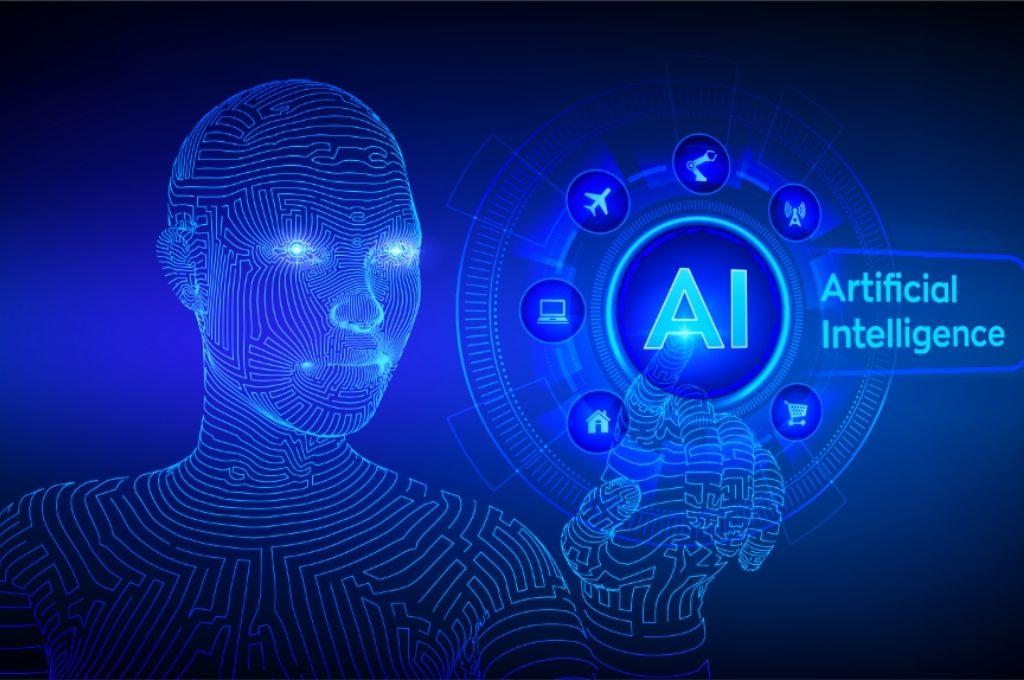Strong And Weak AI
AI can be differentiated in two different ways: strong and weak artificial intelligence. A machine exhibits all the behavior one would expect from a person with strong AI. If you’re a Star Trek fan, that’s Lieutenant Commander Data. If you prefer Star Wars, this could be C3PO or R2-D2. These artificial beings have emotions, a sense of purpose, and even a sense of humor. Perhaps they are learning a new language just for the joy of learning. Some computer scientists refer to strong AI as general AI, which does not apply only to a narrow task.
Weak (or narrow) AI is limited to small tasks, such as making product recommendations on Amazon and Google in response to keywords entered by a user. A weak AI program doesn’t engage in conversations, recognize emotions, or learn for the sake of learning; it just does the job it was designed to do.
At The Beginning Of The Path
Most AI experts believe we’re just at the beginning of the weak AI journey – using AI to answer factual questions, give directions, manage our schedules, make recommendations based on our past decisions and reactions, help with our taxes, prevent online fraud and so on. Many organizations are already using weak AI to help with narrow tasks. Strong AI is still relegated to the world of science fiction.
Weak AI can be seen at work in the latest generation of personal assistants, including Apple’s Siri and Microsoft’s Cortana. You can talk to them and even ask them questions. They convert spoken language into machine language and use pattern matching to answer your questions and respond to your requests. This isn’t different from traditional interactions with search engines like Google and Bing. The difference is that Siri and Cortana behave more like humans; You can speak. They can even book a reservation at your favorite restaurant and make calls for you.
These personal assistants don’t have general artificial intelligence (if they did, they would surely get tired of listening to your day-to-day requests). Instead, they focus on a narrow task of listening to your input and checking it against their database.
Symbolic Systems And Expert Systems
Any symbolic AI should be considered weak AI. However, in the 1970s and 80s, symbolic systems were used to develop artificial intelligence software to make expert decisions. These were commonly referred to as expert systems.
In an expert system, people specializing in a particular field input the patterns that the computer can match to arrive at a specific conclusion. For example, a doctor may enter groupings of symptoms that correspond to different diagnoses in medicine. A nurse enters the patient’s symptoms into the computer. The computer can then search its database for a matching diagnosis and present the most likely diagnosis to the patient. For example, if a patient has a cough, shortness of breath, and a slight fever, the computer can conclude that the patient probably has bronchitis. To the patient, the computer may seem as intelligent as a doctor, but in reality, everything the computer does is Expert systems encounter the same problems as other symbolic systems; they ultimately experience combinatorial explosions. There are too many symptoms, diagnoses, and variables to consider when diagnosing a disease. Just think of all the steps a doctor must take to arrive at an accurate diagnosis—performing a physical exam, interviewing the patient, ordering lab tests, and sometimes ruling out a long list of other diseases with similar symptoms. Imagine all the possible ways a patient could answer every question the doctor asked and the different combinations of lab results.
These early expert systems also had a severe limitation – the real possibility that, given specific inputs, the system would not be able to find a match. You’ve probably experienced this on various websites; You enter your search term, and the website informs you that it did not find a match.
Also Read: Chatbot AI: How Powerful Is The Artificial Intelligence Of Chatbots?





